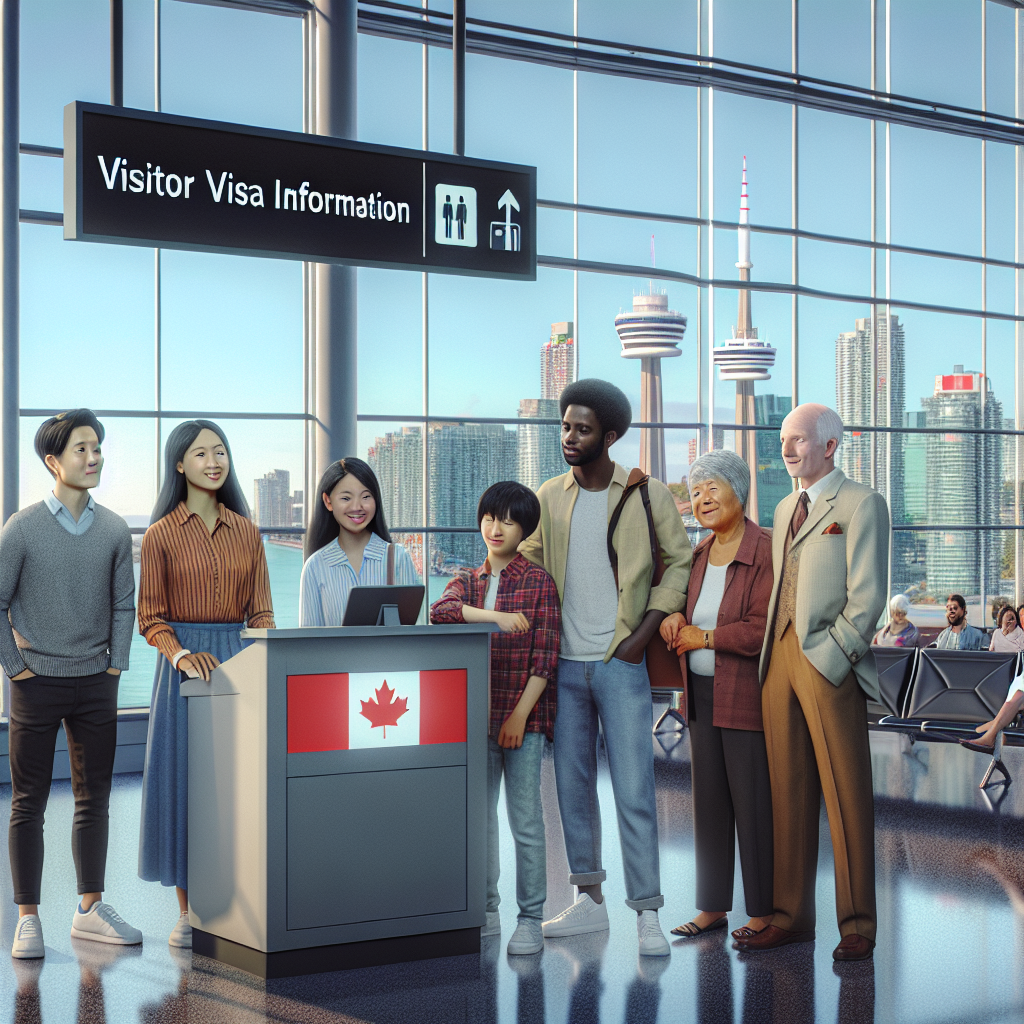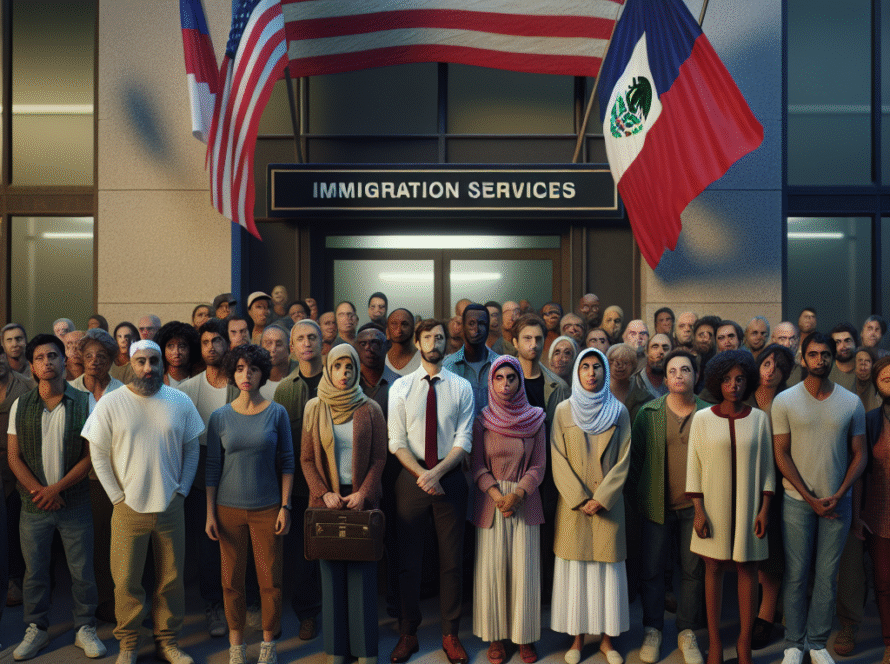Canada Limits Visitor Visas to Three Specific Reasons in 2025

Canada’s Revised Visitor Visa Policy: What You Need to Know for 2025
In a significant update for international travelers, Canada has announced a revised visitor visa policy that will come into effect in 2025. This change, effective May 7, 2025, narrows the scope of activities for which a Visitor Visa, or Temporary Resident Visa (TRV), is required. Here’s a closer look at what this means for potential visitors and the implications of this policy shift.
Key Changes to Visitor Visa Requirements
Under the new regulations, the Canadian government will issue Visitor Visas primarily for three specific purposes:
-
Tourism and Family Visits: Travelers intending to explore Canada or visit friends and family will still need a TRV.
-
Short-Term Educational Activities: Participation in courses or conferences lasting less than six months will also require a visa.
- Transit Through Canada: Individuals passing through Canada en route to another destination will need a TRV if their nationality requires one.
Understanding the Visitor Visa
A Visitor Visa acts as a gateway for international travelers, verifying that they meet Canada’s entry criteria. Depending on the traveler’s circumstances, they may receive a single-entry or multiple-entry visa, valid for up to 10 years or until the expiration of their passport or biometric data.
Duration of Stay: Most visitors can stay in Canada for up to six months per entry. However, this duration can be adjusted based on the discretion of border services officers, who may authorize longer or shorter stays based on individual circumstances.
Navigating Visa Requirements: eTA vs. Visitor Visa
Before making travel plans, it’s crucial for travelers to determine whether they need a Visitor Visa or an Electronic Travel Authorization (eTA). This distinction depends on several factors, including nationality and the mode of travel. For instance, some travelers arriving by air may only need an eTA, while others may require a full visa even for transit.
Implications for Travelers
This streamlined visa policy reflects Canada’s intent to regulate entry more effectively while still welcoming international visitors. The focus on specific visa categories may lead to a more structured travel process, reducing the ambiguity surrounding entry requirements.
However, travelers should remain vigilant and informed. Misunderstanding the requirements can lead to unnecessary delays or complications upon arrival. Ensuring that you possess the correct documentation not only facilitates a smoother entry but also enhances the overall travel experience.
Final Thoughts
As Canada adapts its visitor visa framework, travelers must stay informed about these changes. With a clearer understanding of the new requirements, potential visitors can better prepare for their journeys, ensuring they meet all necessary criteria for entry. Whether for tourism, family visits, or short-term educational pursuits, having the right visa will be essential for enjoying all that Canada has to offer.
For ongoing updates related to visa policies, work permits, and travel guidelines, consider following reliable news sources or joining travel advisories. Safe travels to all planning their Canadian adventures in 2025!



